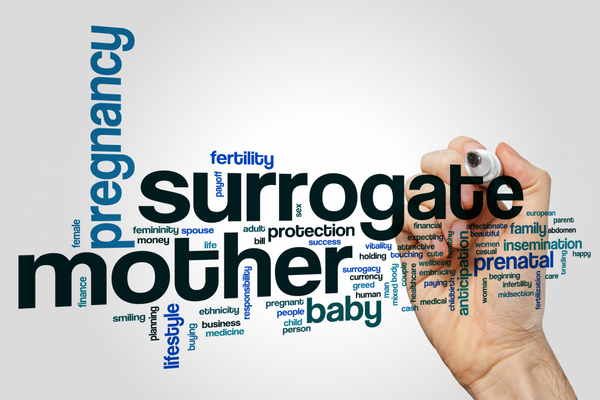Published Nov 29, 2023
Overcoming Stigma: Discussing Fertility Treatments Openly
Infertility is a condition that affects both the male and female reproductive system. It is majorly the inability to conceive a child or get pregnant after one year or more of having unprotected sex. Because reproduction is considered a normal act in humans after sexual intercourse, people regard it as

Infertility is a condition that affects both the male and female reproductive system. It is majorly the inability to conceive a child or get pregnant after one year or more of having unprotected sex. Because reproduction is considered a normal act in humans after sexual intercourse, people regard it as a failure when couples are unable to have children when they've been together for a while. As a result, fertility treatments are stigmatized.
The disease is described as an abnormal state of the human body that causes pain or dysfunction of the body's organs. Infertility, like all diseases, is caused by a malfunction in the body and should be treated as such. Ovulatory problems, endometriosis, a low sperm count, or low testosterone are all common causes of infertility.
The disease is described as an abnormal state of the human body that causes pain or dysfunction of the body's organs. Infertility, like all diseases, is caused by a malfunction in the body and should be treated as such. Ovulatory problems, endometriosis, a low sperm count, or low testosterone are all common causes of infertility.
Infertility, like all diseases, has a therapy, which is known as fertility therapies. Fertility treatment refers to any treatment or medical procedure that increases a person's chances of successfully conceiving a child. These fertility treatments are frequently influenced by the following factors; the cause of the infertility, the duration of the infertility, the couple's age, and personal preferences. Male and female treatments differ.
Treatment for men include:
- Changes in lifestyle, such as regular exercise, discontinuation of certain drugs, and avoidance of dangerous chemicals.
- Medication
- Surgery
- Sperm retrieval
Treatment for women includes:
- Stimulating ovulation with fertility drugs
- Intrauterine insemination
- Surgery to restore fertility such as hysteroscopic surgery and laparoscopic surgery.
Because infertility is perceived as a failure on the part of the couple, a large percentage of couples who are having difficulty conceiving often despise even acknowledging that they have a problem, let alone mentioning it in public so that people know they are receiving treatments to help them conceive. As a result, it is critical that infertility be de-stigmatized and addressed as a medical illness, which it is, and that no one be blamed for their inability to conceive. This provides a secure area for those who are struggling to accept the problem and seek assistance.
Certain stigmas associated with infertility include;
Societal stigma:
Societal stigma is how society regards infertile married couples. According to a report by the World Health Organization (WHO), 15% of couples in the world are affected by infertility. Because of the stigma associated with infertility, most of them prefer not to get treated or diagnosed.
Personalized stigma:
This addresses the couple's negative views about themselves as a result of the problem in conception.
Enacted stigma:
It addresses how the couple may be treated unfairly by others as a result of their failure to conceive.
How To Cope with Stigma of Infertility
Do not let the stigma create self-doubt and shame
Infertility does not define you as a person; it is simply a passing problem you are dealing with. With the significant technological advancements we have today, there are many successful procedures and treatments for infertility.
Say no to self-isolation
Self-isolation can be detrimental in situations like this. Rather than self-isolate, discuss the issue with family or trustworthy friends and seek help.
Join a support group
There are numerous support groups (both online and in person) for people coping with infertility. These meetings offer a safe area for you to chat about your journey to conception and how you're feeling in the meanwhile.
Empower yourself with knowledge
Mystery heightens fear, and most people who have infertility, only listen to hearsay. Instead of hearsay, study more about the negative aspects of infertility and the medical options available to you. See a trusted medical professional or visit a fertility clinic to learn how successful the procedures are.
Speak up against the stigma
Because of the way the stigma has been entrenched in us, many people often say inconsiderate or harsh things to those coping with infertility. Those words, however painful or inappropriate, may be accidental, and as such, you must inform them nicely that their comment has upset you. This keeps the speaker from becoming callous to the next couple they meet who is also dealing with infertility.
Get specialized treatment
The sooner you get treatment, the sooner the cause of your infertility can be determined, and a treatment plan is devised to assist you in eventually achieving conception.



